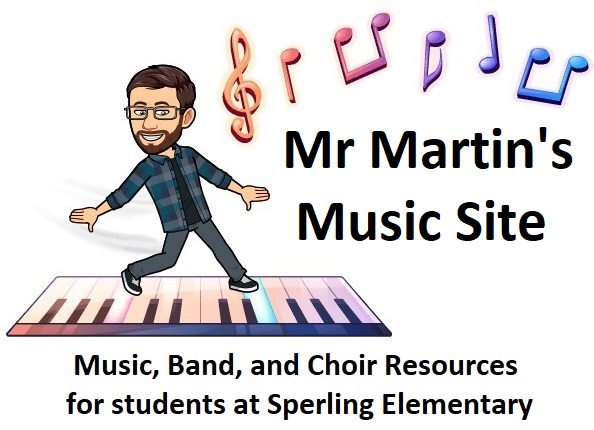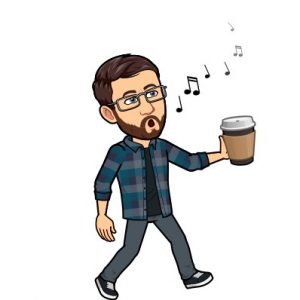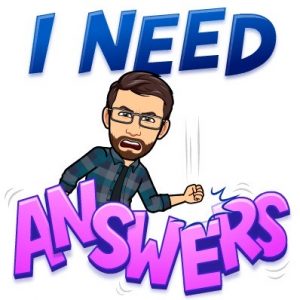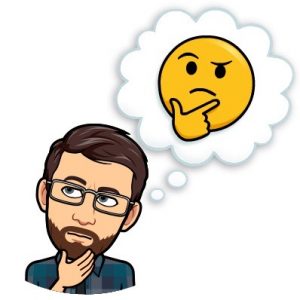Congratulations on being a part of this very cool Virtual Ensemble project!
Month: June 2020
This is our final online music activities post for this school year.
It has been wonderful to see and hear all the amazing and creative music-making that people have been doing during this strange and unusual time.
Here is a list of all the music activities I have posted since spring break. I challenge you to try at least one that you have not done already, or to do a new version of one you have already done before (if it can be done again in a new way). You can even try one from a different age level if you like!
Primary Activities:
Activity 1: Chrome Song Maker
Activity 2: Write Your Own Song Lyrics
Lesson 3: Don’t Stop
Activity 4: Peter and the Wolf
Activity 5: Soundscape Stories
Activity 6: Solfa Practice and the Poison Melody Game
Activity 7: The Moral of the Story
Activity 8: Instruments of the Orchestra
Activity 9: What A Wonderful World
Activity 10: Tell me what you think!
Intermediate Activities:
Activity 1: Song Maker
Activity 2: BeepBox
Activity 3: Musical Autobiography
Activity 4: SoundTrap
Activity 5: Film Scoring
Activity 6: Writing Your Own Blues
Activity 7: The Planets
Activity 8: Mars and Venus again… but this time it’s Free Jazz
Activity 9: Tell Me What You Think!
Hello everyone,
We are getting close to the end of the school year!
I have a few questions that I would like you to answer about this year in music, and things that you would like to do in future music classes.
CLICK HERE TO ANSWER THE QUESTIONS
(You will need to be logged in to your outlook email account to access the questions form)
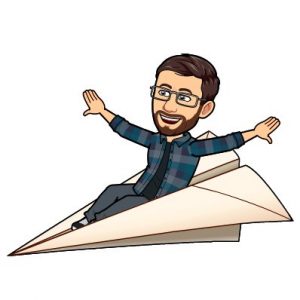
Hello everyone,
We are getting close to the end of the school year!
I have a few questions that I would like you to answer about this year in music, and things that you would like to do in future music classes.
CLICK HERE TO ANSWER THE QUESTIONS
(You will need to be logged in to your outlook email account to access the questions form)
This week’s music lesson features a special guest appearance by the one and only Mr. Hersog!
Learn a WONDERFUL song by Louis Armstrong, one of the most famous jazz musicians ever. You might recognize this song, especially if you have a younger brother or sister who is in Mr. Hersog’s music class.
Click here for the video if you are having trouble watching it on my site.
I see trees of green
Red roses too
I see them bloom
For me and you
And I think to myself
What a wonderful world
I see skies of blue
And clouds of white
The bright blessed day
The dark sacred night
And I think to myself
What a wonderful world
The colors of the rainbow
So pretty in the sky
Are also on the faces
Of people going by
I see friends shaking hands
Saying, “How do you do?”
They’re really saying
“I love you”
I hear babies cry
I watch them grow
They’ll learn much more
Than I’ll never know
And I think to myself
What a wonderful world
Yes, I think to myself
What a wonderful world
Oh yeah
Congratulations on helping to make the Burnaby Beginner Band 2020 Virtual Ensemble possible!
Here is the district version with most of the schools in Burnaby. I will share the final version of our Sperling-only mix on Teams in the next few days. Stay Tuned for Ayre and Dance!
For this week, a few new items in Essential Elements to learn and practice:
#105-108, and and you can do another self-duet on SoundTrap with #109.
Also, see if you can memorize page 40 Bb #1 & #3 and Eb #1 & #3
I won’t be assigning these on SmartMusic, but free to use it as a tool to help you learn learn and practice these pieces and exercises.
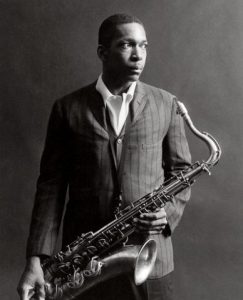
John Coltrane
This week, we will listen to two pieces that share the same names as Holst’s compositions “Mars” and “Venus”, but are otherwise as completely different from Holst’s music as you can imagine.
You might remember the name John Coltrane from previous lessons. Yes, he is one of my favourite musicians, and he is also one of the most important saxophone players in the history of jazz music.
In 1967, John Coltrane teamed up with a drummer named Rashied Ali to record a free jazz album that was called “Interstellar Space”.
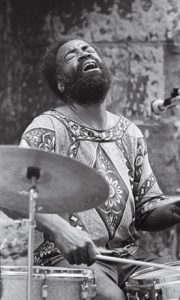
Rashied Ali
Free jazz is a special type of jazz music that might sound unusual to you at first. Like most other jazz music, free jazz features lots of improvisation, which is when the musicians use their creativity to make up new parts that fit with the song while they are playing it.
What makes free jazz special is that it usually doesn’t use harmony, tempo, form, and other musical elements in the same ways that we are used to hearing them. Free jazz often “breaks the rules” that we use in other types of music.
Just like Holst’s “The Planets”, the first two pieces of “Interstellar Space” are called Mars and Venus. Remember, even though they share the same names, they are different compositions done in a very different styles of music.
Click here to listen to MARS by John Coltrane with Rashied Ali.
Click here to listen to VENUS by John Coltrane with Rashied Ali.
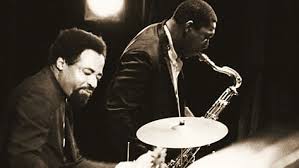
-
What is your first reaction to this music? What words would you use to describe it and how it makes you feel?
-
What are some differences you hear between Holst’s “The Planets” and Coltrane’s “Interstellar Space”?
-
Are there any similarities between Holt’s Mars and Coltrane’s Mars? How about their Venus pieces?
-
Do you like “The Planets” or “Interstellar Space” more? Or do you like them both… or not like either? (This is your personal opinion and musical taste, there is NO WRONG ANSWER here!)
Post your answers in a reply in Teams or email them to me.
